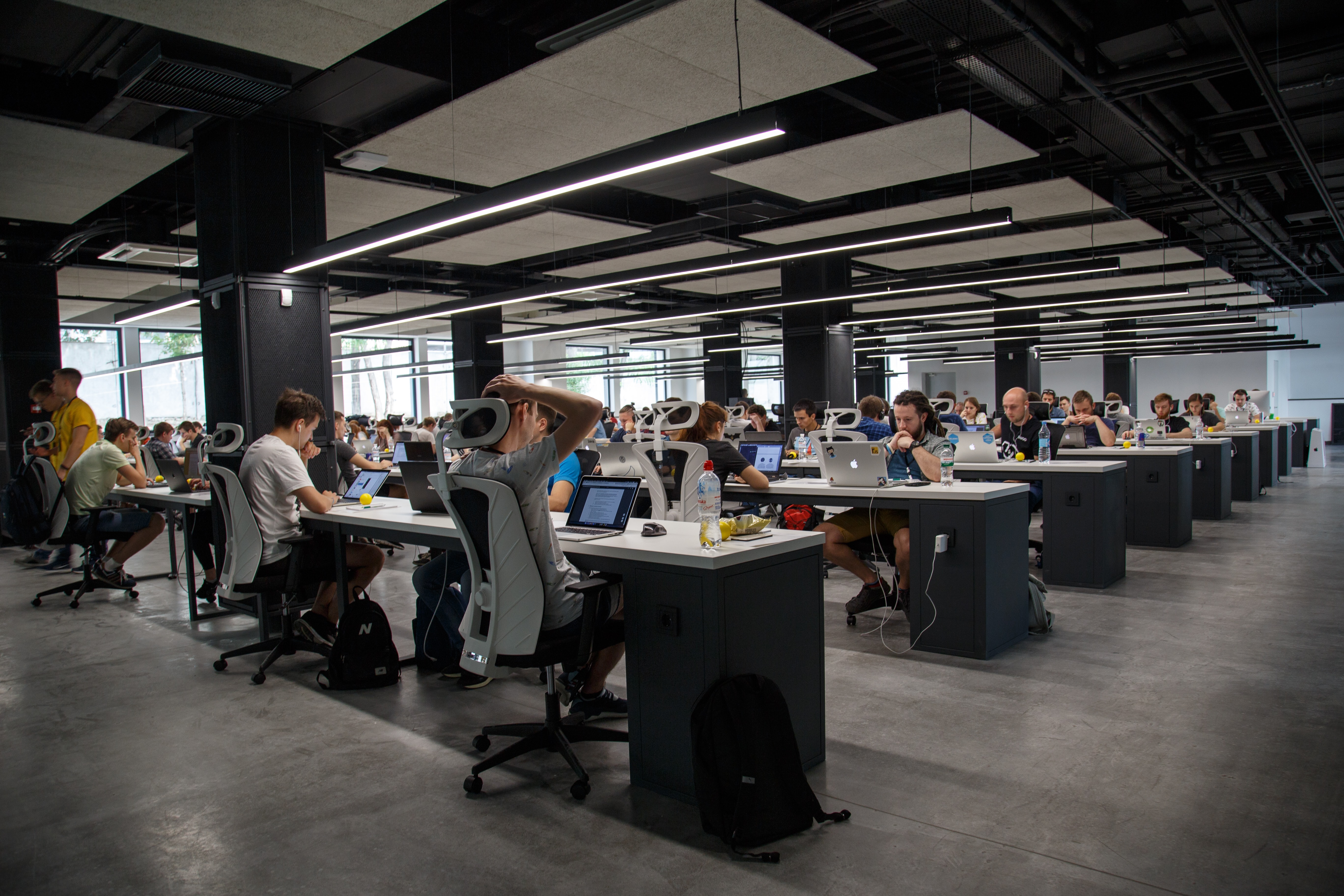
Labor force instability, coronavirus-induced labor market uncertainty, a wave of layoffs even in global groups, and wage degradation due to rising inflation are worrisome for workers of all levels and ages everywhere.
But, according to researchers and experts, in the global labor chaos that some are dismissing as a “permanent crisis,” there is one class of workers who are seen as the most troubled of all. These are young people Gez Z (born in the mid to late 1990s – early 2010s) who started their professional life a few years ago.
According to a Cigna International Health survey of almost 12,000 workers worldwide, 91% of people aged 18 to 24 say they are stressed.
Research shows Gen Z is becoming the most stressed demographic in the workplace, struggling to cope. The same data shows that almost a quarter of respondents of this generation (23%) consider this stress unmanageable, and the vast majority of 98% say that they experience symptoms of emotional burnout.

But why is it harder for young people in the labor market to meet the demands of professional life?
Adverse situation
Although the widespread panic caused by the coronavirus pandemic around the world and in all areas of life has largely subsided, 2023 still remains an extremely busy year for workers.
Many companies are asking their employees to return to their offices as part of a return to normal operations. And as economic uncertainty persists and a handful of companies including the likes of Alphabet, Suisse Credit, Ford, Zoom, Pinterest, Disney, CNN head for mass layoffs, workers fear they could be the next unemployed.
However, it is more general economic hardships that exacerbate problems in the workplace enormously. The cost of living crisis is causing stress and anxiety for 84% of UK workers, according to this year’s Workhuman report. The situation is similar in many parts of the world, from Ireland to the US and Canada.
All of this seems even more staggering for Gen Z. Data from consulting firm McKinsey & Company last October showed that workers in this solar group were more likely than other respondents (26% compared to 20%) to say their wages didn’t allow for them to have a “good quality of life” in a given financial situation.
According to the data, Gen Z workers are saving less money as they struggle compared to other generations to reach a life milestone like buying a house.

However, in addition to the economic factor, younger workers experience great difficulties in interpersonal relationships. “They still have a lot of questions about work friendship etiquette, office attire, and professional boundaries,” explains Eliza Philby, a researcher who advises companies on hiring and managing 20-year-olds.
The work environment itself can be stressful, especially for younger employees, he notes. But “the need to go to the office, communicate and manage is an alien feeling for many young people. The social aspects of the job remain intimidating.”
Philby believes that Generation Z perceives the work environment even more hostile due to the special conditions in which they entered the labor market. Those who graduated from universities have been forced to graduate and graduate in isolation, in all-virtual learning environments during the pandemic, finding themselves almost immediately in an emergency and precarious job and financial situation with the constant threat of being fired.
“Catastrophe – economic and social”
In the short term, Generation Z stress leads to uncertainty and even early retirement, which analysts say should be a concern.
According to 2022 Gallup data, this solar group is the most lethargic at work, reporting more stress and burnout than other groups.
We found that during the pandemic, a large proportion of Z employees admitted to not putting in much effort at work, which is a symptom of burnout and other workplace behaviors such as indifference, unclear communication, lack of support from the boss, and loneliness,” Sandor explains. Nishizaki, organizational leadership expert and author of Working with Generation Z: A guide to hiring, retaining and reimagining the future post-Covid-19 workforce.
In the long run, this stress and burnout will impact productivity and career development, and increase your chances of getting fired.
By 2025, Generation Z will make up 27% of the workforce in the countries of the Organization for Economic Co-operation and Development (OECD). And if the majority remains in such stress, according to Nishizaki, it will be “a disaster – in the economic, social and many other areas.”
Source: Kathimerini
Ashley Bailey is a talented author and journalist known for her writing on trending topics. Currently working at 247 news reel, she brings readers fresh perspectives on current issues. With her well-researched and thought-provoking articles, she captures the zeitgeist and stays ahead of the latest trends. Ashley’s writing is a must-read for anyone interested in staying up-to-date with the latest developments.